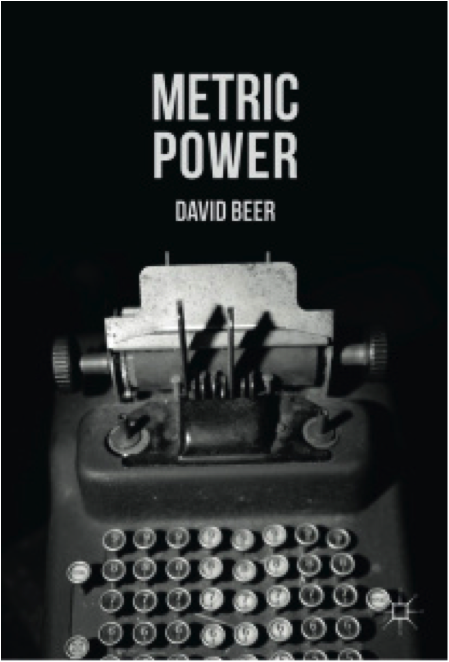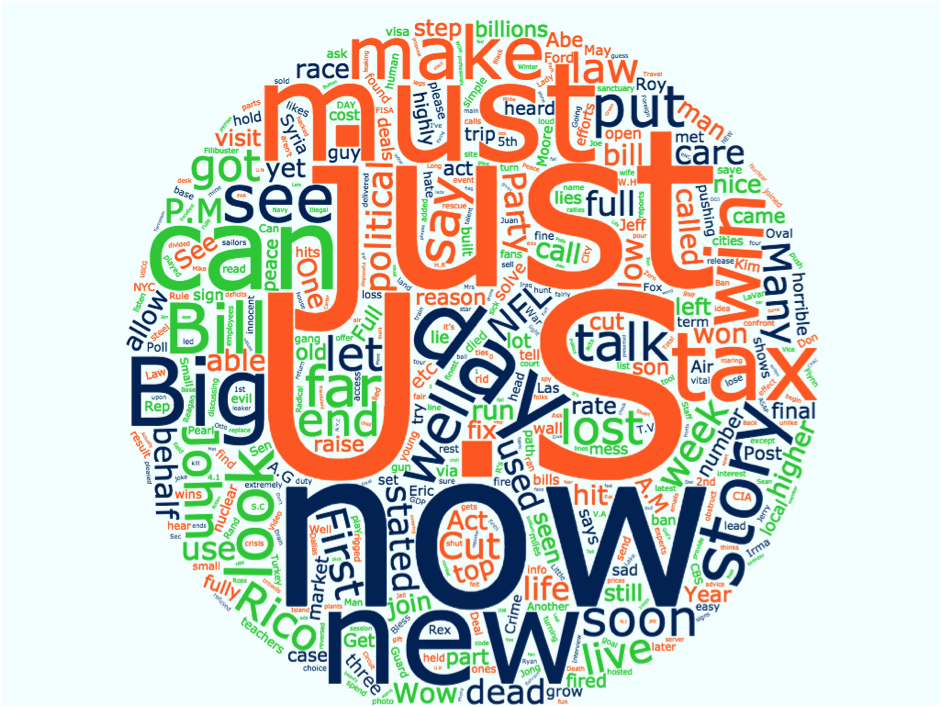Entangling is one of the interdisciplinary cross-cutting themes being used as a centre of gravity and focal point for our work @ Satsu. These theme based programmes take a central concept and use this to organise collaborations, events and activities. Like Threshold (Latimer 2018), we will be launching entangling as its own rhizomatous web presence.
The work included in this theme explores how world-making is connected, woven and knotted in revealing and powerful ways. Activities examine how humans and non-humans become entangled and entangle, illuminating the political, social and existential affects of how these processes unfold.
So far we have two shoots to this theme – Metrics, Algorithms and Big Data exemplified by Dave Beer’s work around the politics of data and metrics, and the work of some of his Phd students on, for example, data visualization. And a project called Intimate Entanglements that Joanna Latimer works on with Daniel Lopez at CareNet, The Open University of Catalonia, in Barcelona.

Metrics, Algorithms and Big Data
One of our ambitions at Satsu is to wrest the power away from big data by making it our own. Dave Beer’s work opens up how transformations in technology and media – such as social media, mobile devices and algorithms – have reshaped culture and society.
His book Metric Power (2016) examines the powerful and intensifying role that metrics play in ordering and shaping our everyday lives. Focusing upon the interconnections between measurement, circulation and possibility, Dave explores the interwoven relations between power and metrics. He draws upon a wide-range of interdisciplinary resources to place these metrics within their broader historical, political and social contexts. More specifically, he illuminates the various ways that metrics implicate our lives – from our work, to our consumption and our leisure, through to our bodily routines and the financial and organisational structures that surround us. Unravelling the power dynamics that underpin and reside within the so-called big data revolution, he develops the central concept of Metric Power along with a set of conceptual resources for thinking critically about the powerful role played by metrics in the social world today. Dave’s new project, The Data Gaze, will be published later in 2018 as part of Stuart Elden’s Society & Space book series.

Our work on the social and existential effects and affects of new media technologies, and algorithms is being extended through incorporating new members into SATSU. On the one hand, there is our new lab@satsu early career/pg forum – which incorporates all students and early career staff working on STS elated projects from across the University. Lab@Satsu will be launched in the summer with a talk by Louise Amoore (Durham University), who works on the ethics of the algorithm. On the other, there is extension of our membership beyond Sociology, to other departments, including Politics, History, History of Art, Health Sciences and Management. Phil Garnett’s work, for example, on business analytics combines aspects of modelling and simulation, along with the analysis of complex or difficult data. His research interests are focused around applying complex systems theory, and network analysis techniques to a wide range of problems, largely focused on the processing of information. Combined with modelling and simulation techniques (which he is able to do himself), he helps show what the analysis of information can tell us about how organisations work, exploring the power of information and its consequences for privacy and liberty.
One of the things that SATSU is committed to is finding ways to make our work publicly available and to keep it engaged with realpolitik and problems. We want to be a resource to think and act with. Dave Beer is leading this aspect of our work. He writes about the social and personal affects of metrics, algorithms and new digital technologies in Open Democracy, The Guardian, The Conversation, New Statesman, Big Issue North, Times Higher Education, Berfrois, Louder Than War and others (a selection of these pieces can be found here) as well as managing our twitter feed. Like Dave, Phil Garnett is also helping to make SATSU’s critical work on data metrics public, such as making a trump twitter word cloud – https://www.prgarnett.net/trump-words-update/:

Intimate Entanglements
The second shoot of our entanglings theme started as a sub-plenary at EASST/4S in Barcelona in 2016, when Daniel Lopez and Nerea Calvillo asked Joanna to talk at their Sub-plenary panel Spaces of Intimacy. Isabelle Stengers took up the theme in her plenary panel. We were all excited by how dangerous ‘intimacy’ as a notion is in the context of science and technology, and what a great resource the notion of intimacy could be for doing STS by other means. Later Dani and Joanna started to work on the ideas behind that sub-plenary. These morphed into a book proposal to The Sociological Review and has continued to grow – including a panel at this year’s EASST conference in Lancaster as well as a workshop in York in February, kindly funded by The Sociological Review Foundation as well as Sociology at University of York, a link to the workshop can be found here: https://www.thesociologicalreview.com/events/intimate-entanglements.html. In what follows I outline the book project.
Intimate Entanglements: The Book (Joanna Latimer and Daniel Lopez)
Intimate Entanglements opens-up the value of intimacy as a quality of socio-material relations in knowledge-making and communities of practice. Ethnographers and ethnomethodologists have long held the value of first-hand experience of social worlds and immersion within them if their rationales and their social significance are to be understood. Yet the intimate nature and character of these knowledge practices have seldom been fully explored. Where intimacy has been mentioned it is usually in the context of distinguishing local and experiential knowledge from universal and scientific knowledge. In contrast, as Raffles (2002) points out, intimacy can be foregrounded as a site for the social production of knowledge across the social, human and life sciences, to help rework human/nature and socio/technical boundaries.
The aim of Intimate Entanglements, is thus to foreground what is so often made invisible in extant accounts of how knowledge is done. Our aim is to articulate how socio-material life gets assembled and reassembled. This is to say that we focus on the attachments and detachments that appear crucial to understanding affective relations and ecologies inside and beyond the sciences, including the social sciences.
The specific contributions press how the ‘affective turn’, across anthropology, sociology, social psychology and Science & Technology Studies, does more than represent a ‘turn to ontology’. Rather they explore how the foregrounding of affect restructures possibilities for ‘situated knowledges’ and non-anthropocentric (‘posthuman’) modes of relatedness in different areas. In so doing the various contributors each address different aspects of how and when intimacy becomes a quality of entanglements. Issues addressed include the politics of intimacy and its different characterizations: as ordinary and dangerous, a site of alterity and “contamination” but also of attachment, belonging and companionship.
Intimate Entanglements builds upon and presses earlier explorations of:
- The agentic and intra-active materiality of things (e.g. Barad 2007; Bennett 2004);
- Interspecies entanglements in science (e.g. Gisler and Michael 2011; Despret 2013; Haraway 2007);
- The distributed agenciality and heterogeneous composition of bodies (e.g. Mol, 2002; Winance 2010);
- Space-times of intimacy, including intimacy without proximity (e.g. Barad 2007);
- The politics of intimacy and its different characterisations (e.g. Pratt & Rosner 2012; Stengers 2010);
- Intimacy, crafting and knowledge (Sennett 2008);
- Technologies and intimacy (Bataille, 1989; Ingold, 2008);
- How world-making is more than human and always affective (e.g. Haraway 1991; Puig de la Bellacasa 2011, Latimer 2013).
The volume extends conversations and debates started at EASST/4S 2016 which offered the provocation to think about STS by other means, including the sub-plenary panel, ‘Spaces of Intimacy’. In this panel, we pressed how intimacy is dangerous, particularly for dominant modes of ordering. This includes looking at practices of resistance that organise intimacy back in as critical to understanding (e.g. Kraeftner & Kroell 2009) as well as examining how technologies of governing attempt to organise intimacy out in ways which are dysfunctional (e.g. Menzies Lyth 1960). The discussion explored how intimacy is an affect of particular material distributions, attachments and detachments, but also covered how the notion of intimacy is difficult to grasp if we only associate intimacy along public/private topographies (Latimer & Munro 2009; Pardo 2011). In this light, focus shifted towards spaces of affect which are deemed as “ordinary” (Stewart 2007) but which usually remain in time/spaces that are ‘in-between’, either concealed to public scrutiny or recalcitrant to private appropriation, including sites of alterity and resistance.
The object of the research volume is to develop the different notions of intimacy and entanglement that these earlier works pose. As well as positing material heterogeneity, our approaches each press how ‘vitality’ is an emergent property of intra-action (Barad 2003), ‘becoming with’ (Haraway 2003) or ‘being alongside’ (Latimer 2013), rather than an attribute of specific, discrete beings in relationships. By vitality we refer to the life that animates the social, including knowledge-making itself (Fraser, Kember and Lury, 2005), and which makes social and personal transformation possible. Here, the notion of intimate entanglements (Stengers 2010), is very much connected to forms of immanent relatedness (Bataille 1989), including what animates possibilities for being enrolled, emplaced and positioned (i.e. entangled), as well as for transformations and shifts (what can be called ‘becoming entangled differently’).
Additionally, we explore how ‘intimate entanglements’ are core to heterogeneous identities and forms of belonging, including notions such as “actor-networks”, “cyborgs”, “companion species”. Our concern here is with how their processual, temporary, ongoing, partial and unstable character challenges the very idea of ‘identity’. In this regard, we press how intimate entanglements are not just those that constitute our identities but those that force us to ‘stay with the trouble’ (Haraway 2017).
We also explore the politics of intimacy. How and when intimacy is dangerous? When it becomes a site of connection through which a sense of belonging and alterity might arise? Here we are interested in transformations, not as ontological “givens” but rather as concrete achievements. Thus we press the notion of intimacy as an adjective to qualify relations and entanglements which are characterised by susceptibility, a sensibility of being open and vulnerable, for example as with the pragmatist notion of attachment (Gomart and Hennion 1998), or in the tensions and shiftings between ‘extensions’, as forms of detachment and attachment and partial connection (Latimer 2013; Strathern 1991).
Finally, we press how a focus on intimate entanglement is a way of unconcealing the ethics and politics of relations (Martin, Myers and Viseu 2015). We explore how intimate entanglements turning on vulnerability and openness as something inescapable, create questions about how we become attached and even responsible for entangled human and non-human others, and explore what a “good” response could be. This leads to the question of the methodological apparatuses we as social scientists envisage to cherish, or even produce, these intimate entanglements (see also Fraser and Purwar 2008). Since these concerns pose possible connections with discussions concerning knowing (Greenhough and Roe 2011; Raffles 2002; Shrader 2015; also, Stenger 2010 and Despret 2004), we are particularly interested in how the beings we encounter in our research come to matter to us, and how our questions and concerns become relevant for them.
Contributors to the monograph include:
- Florence Chiew, Macquarie University & Ashley Barnwell, University of Melbourne
- Stefana Broadbent, Polimi Scuola di Design Politecnico di Milano & Centre for Digital Anthropology, UCL
- Blanca Callen, BAU Design College in Barcelona & Daniel López, Universitat Oberta de Catalunya
- Nerea Calvillo, University of Warwick
- Tomás Sánchez Criado, MCTS, TU Munich
- Mariam Motamedi-Fraser, Goldsmiths, University of London
- Carrie Friese, London School of Economics and Political Science
- Emma Garnett, Kings College, London.
- Maria Puig de la Bellacasa, University of Leicester
- Joanna Latimer, Department of Sociology, University of York
- Meritxell Ramírez-i-Ollé, Sociological Review Fellow, Keele University.
- Paula Reavey (London South Bank University), Ava Kanyeredzi (University of East London), Laura McGrath (University of East London), Ian Tucker (University of East London), Steven D. Brown (University of Leicester)
- Marilyn Strathern (Cambridge University) in Conversation with Joanna Latimer
- Myriam Winance, CR INSERM, CERMES3, Villejuif, Paris.
Responses to the call for papers for the workshop and the panel have been met with huge interest – helping to show that Intimacy and Entanglement in conversation with each other are wonderful and provocative concepts for STS to think with.